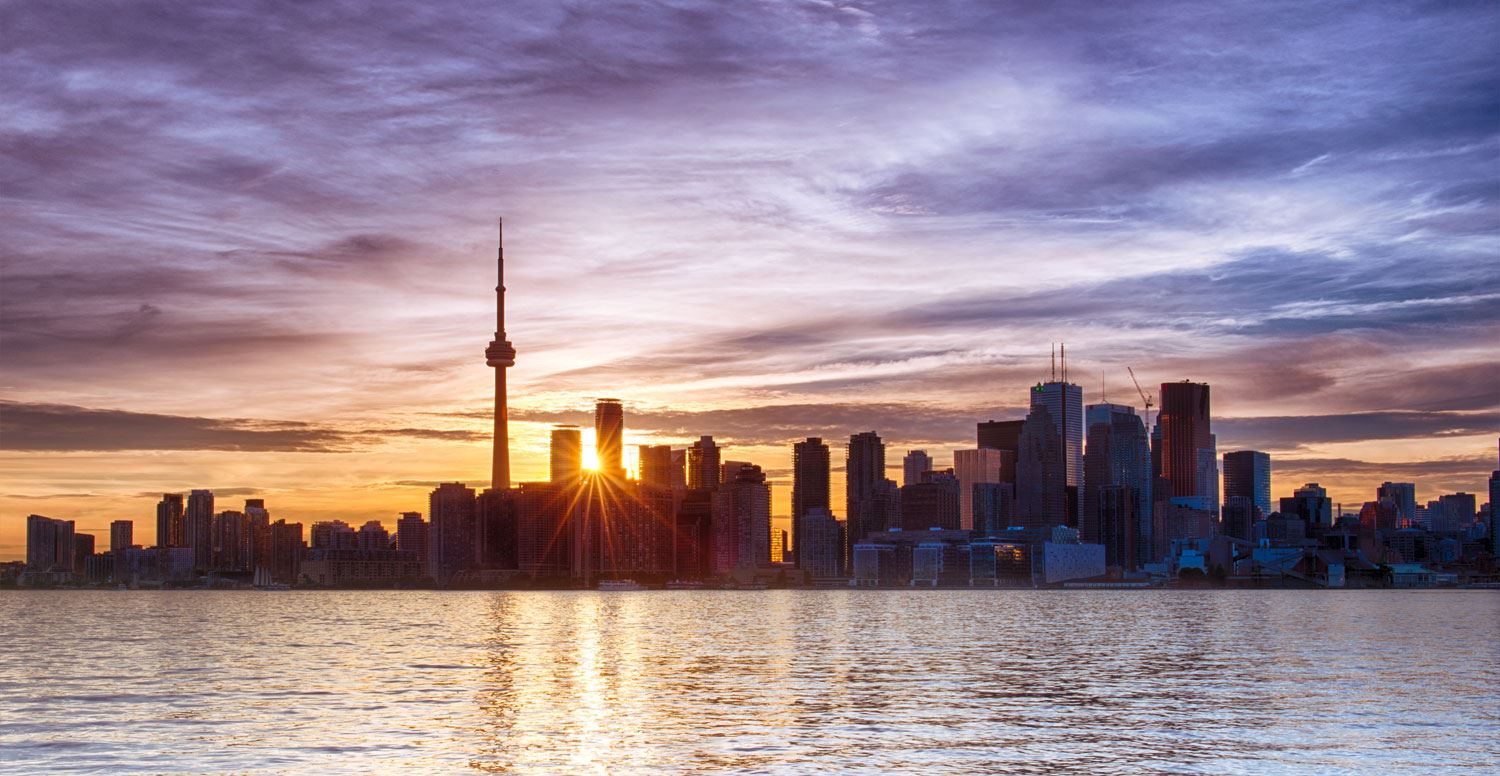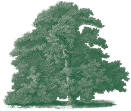2024 AHLP Conference
Dynamism, Conservation and Many Voices in an Historic Urban Landscape
Toronto, Ontario, Canada
May 22-25, 2024
Conference Registration is now open!
Limited to 50 Attendees
AHLP Membership is required to attend the conference. Please ensure that your membership is in good standing prior to submitting conference registration.

Home is: Tkaronto / Toronto/多倫多/ ਟੋਰੰਟੋ/ کینڈا کا ایک شہر/ Торонто
The Alliance for Historic Landscape Preservation (AHLP) is pleased to announce that its 2024 Annual Meeting will be held in Toronto, Canada. We invite submissions centred on the 2024 conference theme of:
Dynamism, Conservation and Many Voices in an Historic Urban Landscape
Located on the north shore of Lake Ontario, Toronto has been home to diverse communities for thousands of years. Indigenous peoples have occupied this space since time immemorial, settling and migrating along its lakeshore and three river valleys, the Don, the Humber and the Rouge, with resources shared and conflicts mediated through the Dish With One Spoon wampum agreement.
The Toronto Purchase treaty between the Mississaugas of the Credit First Nation (MCFN) and a British colonial administration (1787; 1805, legal settlement with MCFN in 2010) led to British colonial occupation and control over the lands now known as Toronto. In the 1790s, British and Loyalist settlers surveyed a colonial town site on 10 blocks along the lakefront, with a military garrison to its west. The town grew incrementally, first expanding westward, and then southward with the infill of portions of Lake Ontario. Park lots to the north, east and west were granted to Upper Canada's political elite in the 1790s, and eventually were subdivided and developed to expand the city's boundaries.
Toronto followed a pattern of development common to northeastern cities: growth and industrialization through the 19th century, followed by a decline of downtown/waterfront industry with the arrival of the automobile in the 20th century. Throughout this history, Canada remained reliant on immigration to fuel its economy, and Toronto's culture and urban neighbourhoods grew to reflect the diversity of its population.
Today, Toronto is home to many First Nations, Inuit and Métis peoples, and remains the traditional territory of the Mississaugas of the Credit, the Anishinaabeg, the Chippewa, the Haudenosaunee and the Wendat peoples. First generation Canadians comprise over 50% of our population; their diverse backgrounds continue to shape our material, built, culinary and intangible culture. Meanwhile, Toronto is in the midst of an urgent housing crisis, with an historically low vacancy rate, and skyrocketing home prices. A 15-year period of rapid intensification and ever-shifting planning policies has barely scratched the surface, and a housing focus informs every city-building discussion that happens today.
At the AHLP's 2024 Annual Meeting, we will explore issues of cultural landscape conservation in this highly dynamic context, balancing the protection of our tangible and intangible heritage with critical competing priorities including (but not limited to) housing provision, climate-change response, reconciliation with Indigenous peoples to redress generations of colonial impact and chart new futures, and supporting the diversity that makes our city a progressive, vibrant, culturally rich place in which to live.
In addition to presentations and poster pin-ups at the 2024 Annual Meeting, we'll use Toronto as a lab, via tours, site visits, and a field workshop on a layered historic park landscape with the Friends of Allan Gardens (FOAG).

Download a copy of the Conference Schedule (.pdf)
We invite proposal submissions concerning the conference theme and the sub-themes listed below, including cultural landscape conservation in the context of:
-
Historic and Contemporary Housing, e.g.:
- Historic landscapes of housing, and the ways we conserve / preserve them
- Residential intensification in historic neighbourhoods
-
Climate Change, e.g.:
- River valleys and watersheds: their geomorphology, the ways people have lived alongside them, historic and contemporary management approaches
- Historic urban industrial sites as resilient landscapes
-
Reconciliation with First Nations, Inuit and Métis Peoples, e.g.:
-
Cultural Diversity, e.g.:
- Heritage conservation areas as a tool to conserve intangible heritage (cultural identity)
- Amplification through interpretation, deconstruction, and commemoration
CALL FOR PAPERS (.pdf)
STUDENT SCHOLARSHIP ANNOUNCEMENT (.pdf)
Accommodations
This year's Conference Hotel is the Kimpton Saint George, conveniently located at St. George TTC Station (an interchange on Toronto's two main transit lines) and a five-minute walk from our main conference venue at Massey College.
There are a limited number of rooms available at our group rate of $339 CAD / night, plus taxes and fees. Please book by April 30th to access the group rate!
If booking online, use the following link to access the group rate: Alliance for Historic Landscape Preservation Conference - Kimpton Saint George. (If the online link does not work or does not provide the $339 CAD group rate, please call to book by phone.)
If booking by phone, to access the group rate call Central Reservations at 1-833-642-9137. Use the group code “A15” or identify that you're attending the “Alliance for Historic Landscape Preservation Conference.”
While our group rate is available Wed May 22 – Sat May 25 inclusive, the hotel will aim to extend the rate by three nights on either end for those wishing to stay longer, subject to availability.
Alternative accommodations at discounted rates may be available at the Massey College dorms. Please email summerresidence@masseycollege.ca to enquire. Massey College's summer booking system opens in March, and earlier enquiries may receive an out-of-office reply.
Getting to Toronto
Toronto, Ontario is home to Toronto Pearson Airport (YYZ) the busiest airport in Canada which serves many domestic and international airlines. While only 25 km (approx. 15 miles) from the downtown core, it can take up to an hour to travel by car. An officially sanctioned taxi or limousine to the conference hotel will be in the area of Can$70 - $80. For more information regarding ground transportation, please refer to this link.
The fastest and cheapest mode of travel is the Union Pearson Express (or UP Express), running every 15 minutes to/from Union Station downtown and the airport. Adult tickets for a one-way trip are about $12.50 Canadian.
Another alternative for air transportation, although much more limited in scope and size, is Billy Bishop Toronto City Airport (YTC) located in downtown Toronto. Given its limited size, and short runways, it serves a limited number of US airports including: Boston (BOS), Chicago-Midway (MDW), Newark (EWR) and Washington Dulles (IAD).
While there are a limited number of flights, the approach to the Billy Bishop airport provides breathtaking views of the city and especially to the iconographic CN Tower. For more information, please follow this link. A free ground shuttle connects the airport to Union Station.
The Toronto Transit Commission (TTC.ca) provides a host of public transportation options for citizens and visitors alike, including an excellent trip planning tool call triplinx. Triplinx provides you with multiple options of reaching your destination using all forms of public transportation (including city busses, streetcars, and subway lines) providing both the time and cost involved.




